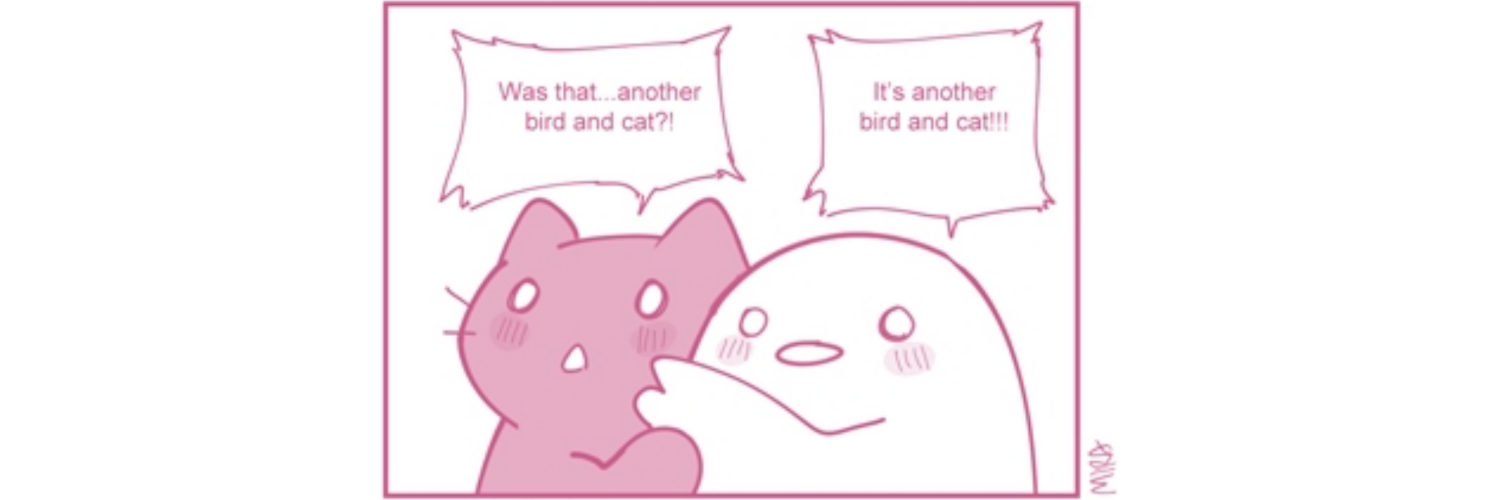
btw i was in a zoom call the dsa ran with several SBU organizers and i think literally every single SBU organizer there was nonbinary. absolutely do not mind but why is this a thing
In 1904, a debate over questions of organizational form was unfolding between Lenin and Trotsky within the Russian Social Democratic Labor Party, prompting an intervention from Rosa Luxemburg. The party’s responsibility, Luxemburg argued, was not only to represent class interests of urban, industrial workers but “all who are oppressed by bourgeois domination.” The strongest party was one that served as a “haven of all discontented elements in our society and thus of the entire people, as contrasted to the tiny minority of capitalist masters,” she wrote.
Echoes of this idea can be found across the history of the left. In Vivian Gornick’s The Romance of American Communism, Sarah Gordon, a former Communist militant from the Bronx, describes how party membership inscribed her life with meaning: “It was rich, warm, energetic, an exciting thickness in which our lives were wrapped. It nourished us when nothing else nourished us. It not only kept us alive, it made us powerful inside ourselves.” Partway through her eponymous memoir, Assata Shakur reflects on the people that she met in the course of her organizing in the Black Panther Party and the Black Liberation Army. “I was caught up in the music of struggle, and i wanted to dance,” she writes. “I was never bored and never lonely, and the brothers and sisters who became my friends were so beautiful to me.”
A haven where the music of struggle plays and all the discontented and oppressed are wrapped in the rich, warm, energetic embrace of their friends and comrades: this is what a political party can be, not just a ballot line or a program. It is a school and a weapon and a refuge. For those of us who imagine and demand a better world, organization is the thing that initiates struggles that bring others into the experience of solidarity—what Jodi Dean describes in Crowds and Party as “an affective infrastructure that enlarges the world.”
Hernandez added that spending so much of their waking life working and worrying about money is exhausting: “I don’t have time to hang out with people. Quite frankly: I work, I go home. And then I go work some more.”
In an age where so much of their lives exists online or at work, unionization, they said, is one of the only ways they’ve been able to foster a genuine connectedness.
“My generation is lacking in a feeling of community,” Hernandez said. “It’s a sense of community for us to organize in this way and then to watch all the other stores organize — we’re being connected to each other in a way we haven’t seen before.”
https://www.washingtonpost.com/lifestyle/2022/03/04/starbucks-employees-unionizing/
- website
- https://æscling.cat.family
- neopronouns
- æ / ær / æi / æin / æinselves
- https://misskey-hub.net/ns#isCat
- true
- pawprint
- openpgp4fpr:104798A74A3F3CEA9B29B369B34C7264BB895704
- header
- miss bird and miss cat, by mira ongchua
it’s pronounced “ashling”. canonically a black housecat or any of the grass cat pokémon, but currently experiencing daily TFs. Commewnist. she/it. i automatically change my pfp on the furst post of the day
GlitchCat syscatmin and meowstodev; @ me about techincal problems with the instance, or fur feature requests. i got a job due to some extent to my work on this instance
i have very strong opinions about the sonic furanchise. pokémon has me in a chokehold when it comes to merchandise
available via email with the same username and domain. DM/email for other purrotocols
workplace policy is to clarify that all of my opinions expressed here are my own, and not those of my employer
“all this shit is still incomprehensible but im glad u accomplished something” ―@wallhackio
“i feel mildly relieved that the obscure and esoteric code that i use to build the site will always be definitely outclassed by the obscure and esoteric code that you use to serve it” ―@Lady
